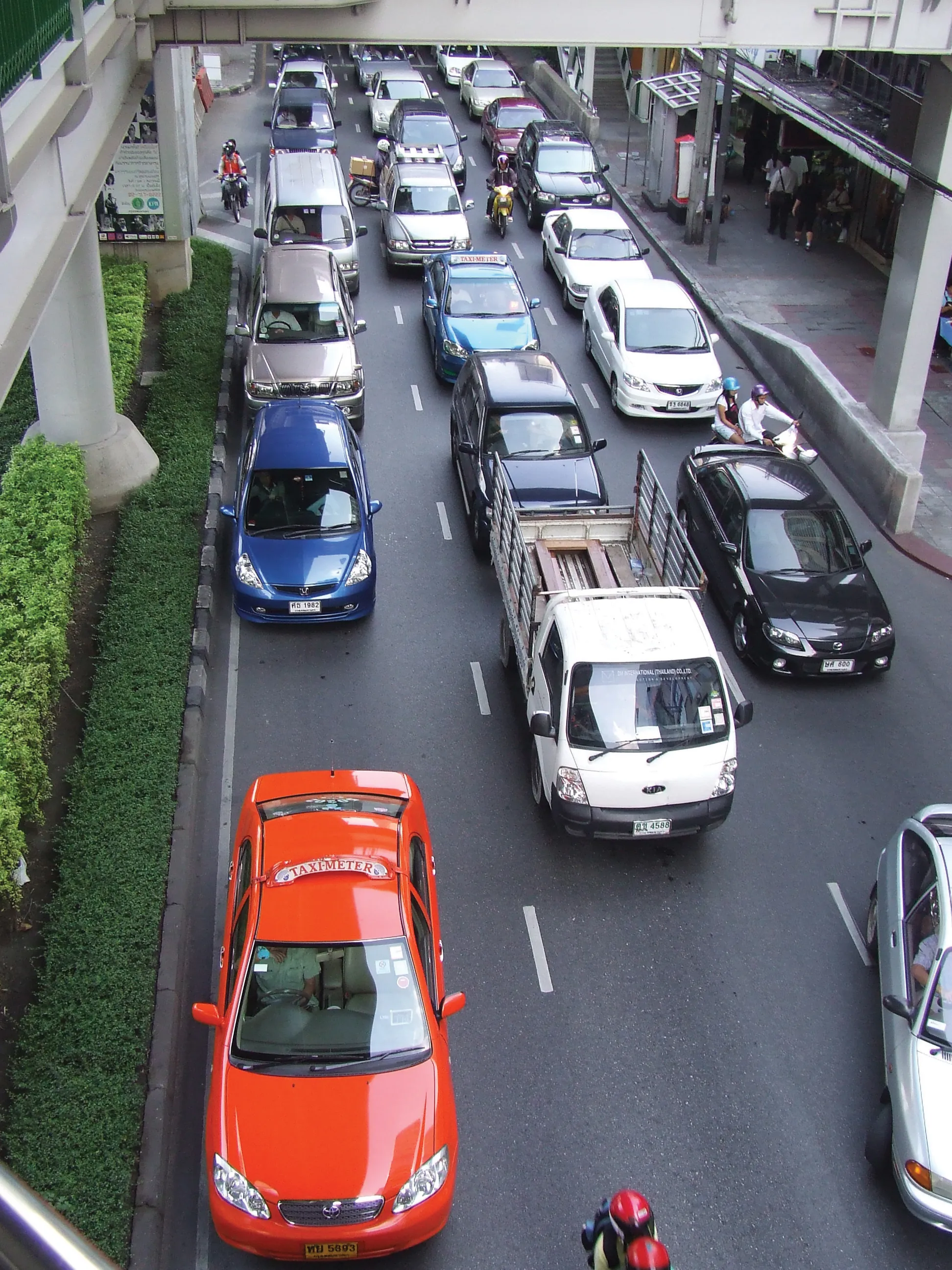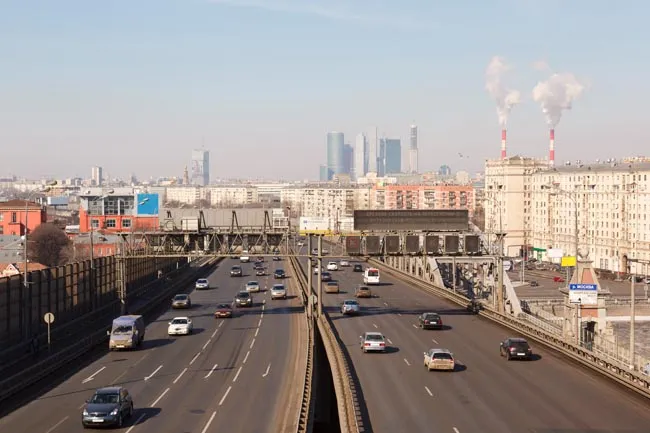Data from the Nepalese Government shows that work is on-going to upgrade the country’s road network. Public Road Statistics from the Ministry of Physical Planning, Works and Transport Management show that 1,180km of new roads have been constructed in Nepal in the 2011-2012 fiscal year. The statistics reveal that of the 1,180km of roads, 290km were surfaced with asphalt and 407km were gravel roads, while there were also 47 new bridges built in the period. The target for the 2011-2012 fiscal year however was
October 15, 2012
Read time: 2 mins
Data from the 5283 Nepalese Government shows that work is on-going to upgrade the country’s road network. Public Road Statistics from the Ministry of Physical Planning, Works and Transport Management show that 1,180km of new roads have been constructed in Nepal in the 2011-2012 fiscal year. The statistics reveal that of the 1,180km of roads, 290km were surfaced with asphalt and 407km were gravel roads, while there were also 47 new bridges built in the period. The target for the 2011-2012 fiscal year however was to construct 1,280km of new roads. But road connectivity has been improved in various parts of Nepal, with a new link to the Manang District for example. A new road connection has also been made through Lamjung to Chame, the district headquarters of Manag. Nepal’s Government has ambitious plans too that will connect some districts that have never previously been accessible by road, such as Humla and Dolpa.
Since Nepal embarked on its road construction programme, The Ministry of Physical Planning works and Transport Management said it has so far built 25,115km road, of which 11,565km is dirt road, 6,077km is gravel road and 7,474km is asphalt paved road. In Nepal, The Ministry of Physical Planning works and Transport Management oversees work on highways and feeder roads while municipal and district roads are overseen by local authorities.
Nepal’s road network has seen something of a boom with6706 JICA recently completing a 14.5km section of the third phase of the BP Highway. The new Mid-Hill Highway and Kathmandu –Terai links are also open to traffic. Meanwhile in capital Kathmandu, construction or widening work is underway on 22 different road projects.
Since Nepal embarked on its road construction programme, The Ministry of Physical Planning works and Transport Management said it has so far built 25,115km road, of which 11,565km is dirt road, 6,077km is gravel road and 7,474km is asphalt paved road. In Nepal, The Ministry of Physical Planning works and Transport Management oversees work on highways and feeder roads while municipal and district roads are overseen by local authorities.
Nepal’s road network has seen something of a boom with








